Cost of living crisis: Surging energy prices in UK fuel tensions
The rapidly worsening cost of living crisis in Britain has turned into a harsh winter for millions of households who are trying to keep their energy bills down, fueling tensions and resentment among tenants.
Relationships between people sharing common accommodations are increasingly turning soar due to varied outlooks towards the crisis and lifestyle preferences, according to reports.
"Everyone is conscious about not leaving lights on," Joe, a 33-year-old schoolteacher who shares an east London home with five other people, was quoted as saying by AFP in a report published on Friday.
They still warm the living room, where two of them work from home, but use an electric heater during the day rather than firing up the boiler.
"We have had a few passive-aggressive messages: If you're not in the room, turn the lights off," Joe added.
Housemates in London are dodging even the thought of turning on the heating unless the mercury goes extremely low, the report said.
"People are all just suffering from this cost-of-living crisis -- so no matter really how much you're earning, you are going to be suffering," Simon Francis, campaigner at pressure group End Fuel Poverty, said.
"Obviously those people who are earning the least are suffering the most. And clearly, that is potentially going to lead to tensions between housemates and flatmates."
Simon Knoplioch, a 29-year-old Frenchman who works in London's key finance sector, said he recently left his previous house for a more efficient and modern building that retains heat.
"Before we were living in an energy sieve," he told AFP.
Landlords have "no interest" in installing installation because they enjoy high rents and strong demand in London, he added.
Francis expressed concern that some tenants -- whose rent includes energy bills -- might not benefit from state assistance.
"For some people, their landlord might actually be controlling their energy so they might be paying for it as part of their rental house," he said.
"What we're concerned about there is that people aren't seeing the benefits of some of the support the government has introduced."
According to the report, people are spending more than 10 percent of their total income on fuel these days.
"This winter we are expecting around seven million households right across the UK to be in fuel poverty," Francis said.
"So that means they don't have enough money to keep their homes warm to an acceptable standard."
Many UK organizations have cautioned that thousands of people with low incomes are at risk during the extremely low temperatures hitting the country, as average energy bills are twice that this time last year.
According to YouGov’s recently released data, only one in six Britons (18 percent) said that they had the heating on and that it was both as hot as they like and on for as long as they like.
Local authorities and charities in the UK had recently set up more than 3,200 “warm banks” across the country for people who cannot afford to heat up their homes amid the cost of living and the energy crisis.
The energy crisis in Europe has been building up over the past year, as increased demand during the post-COVID reopening of economies coincided with Russia's military operation in Ukraine and a subsequent squeeze on gas supplies into Europe.
The UK imports around 50 percent of its gas from other countries, and because gas is used to generate a third of the country's electricity, the rise in gas prices has also affected electricity prices.
According to experts, the UK is the worst affected country in Western Europe, as it saw the annual rate of inflation reach 11.1 percent in October 2022.
The war in Ukraine has massively increased oil and gas prices as both Russia and the West play hydrocarbon supplies as a bargaining chip to force the other’s hand.
The market price of fuels and electricity has adjusted accordingly, triggering double-digit energy inflation.
Panama rejects talks with US over canal control
HTS rulers name al-Qaeda operative as Syria's new spy chief
Iran voices concern about rising insecurity, violence in Syria
VIDEO | Karachi sit-in amplifies nationwide call for justice for Parachinar victims
Iran strongly condemns Israeli bombing of Yemen's civilian infrastructure
VIDEO | Press TV's news headlines
VIDEO | Israel and Iran’s Nuclear Facilities?
At least three killed as Israel bombs Sana'a airport, power plant


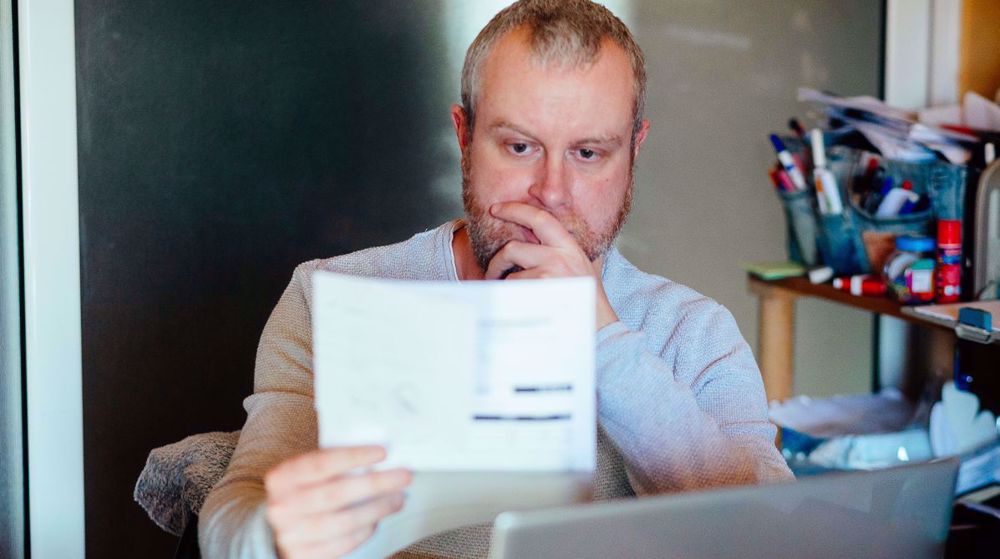
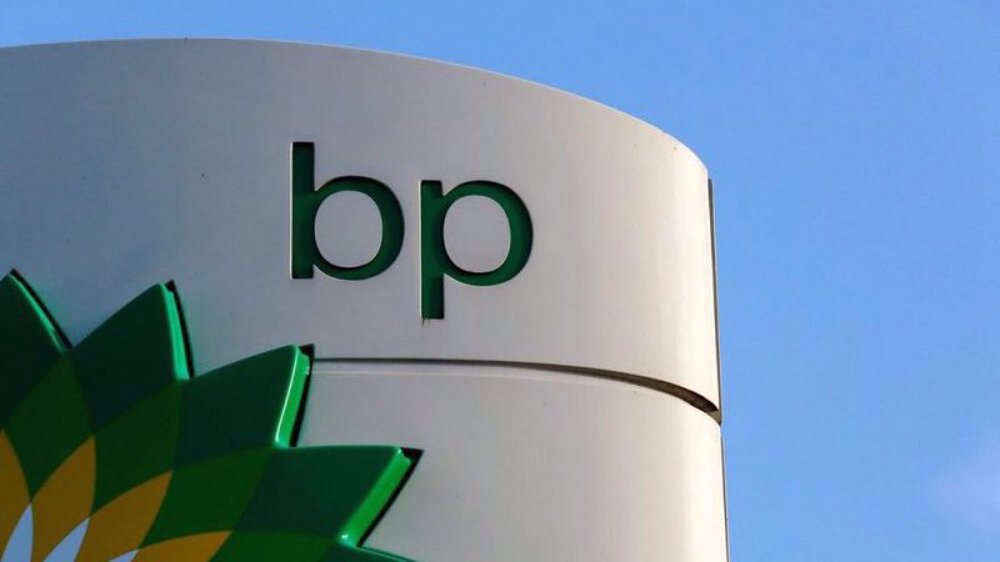
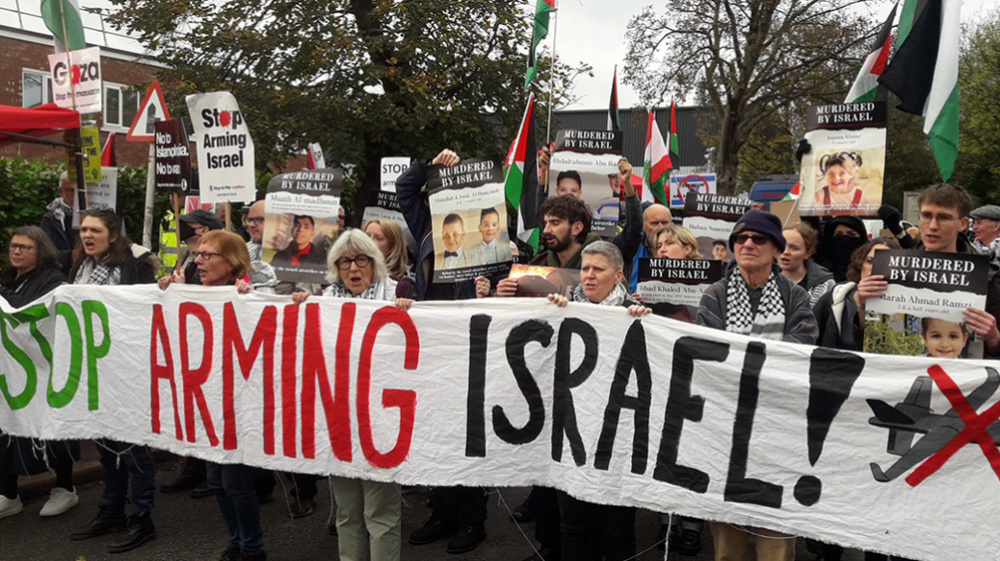
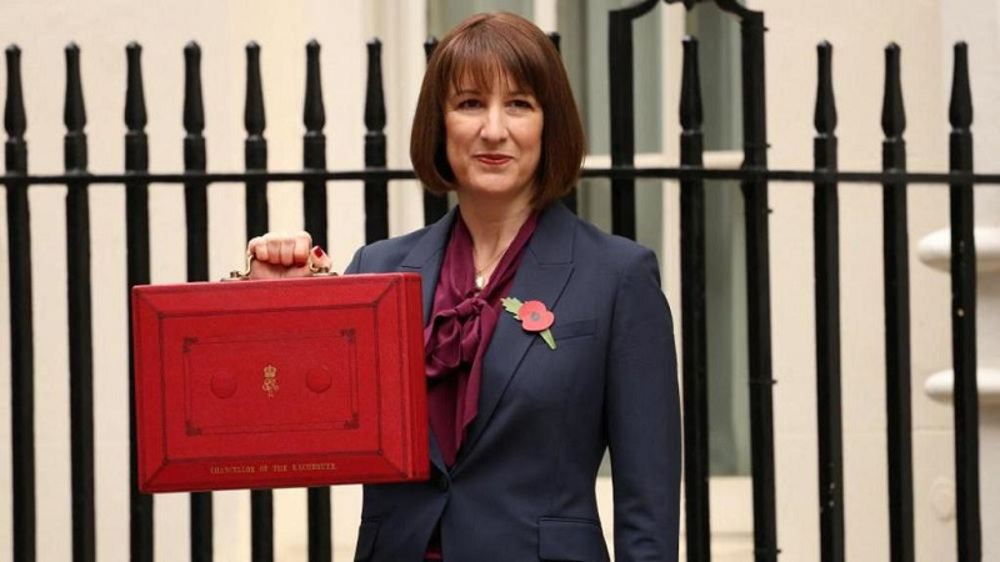



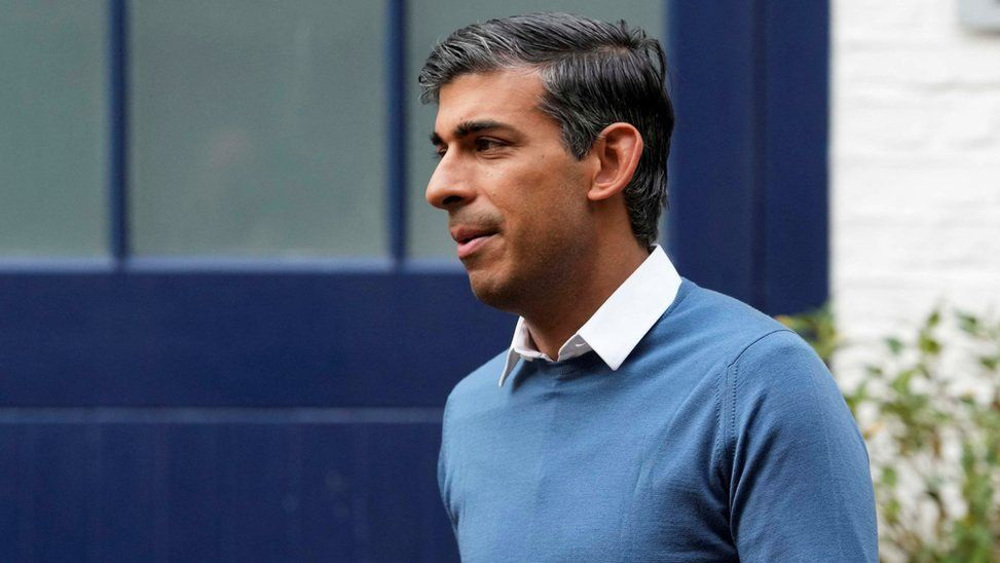
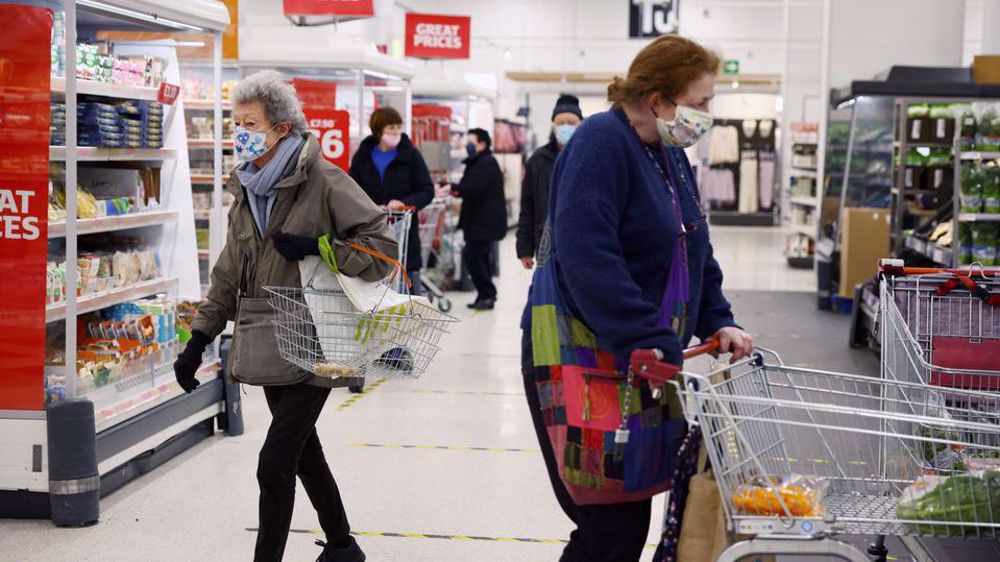
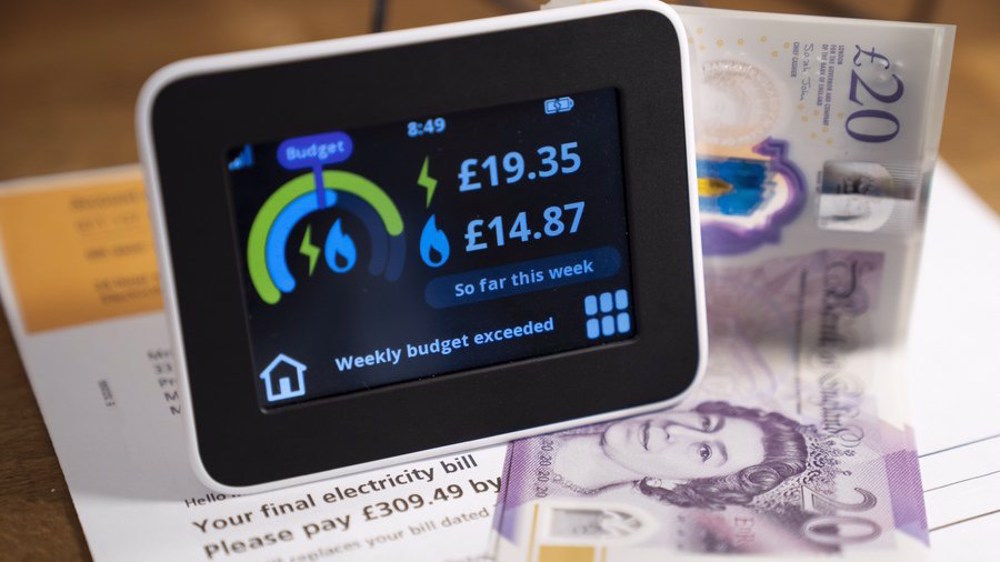

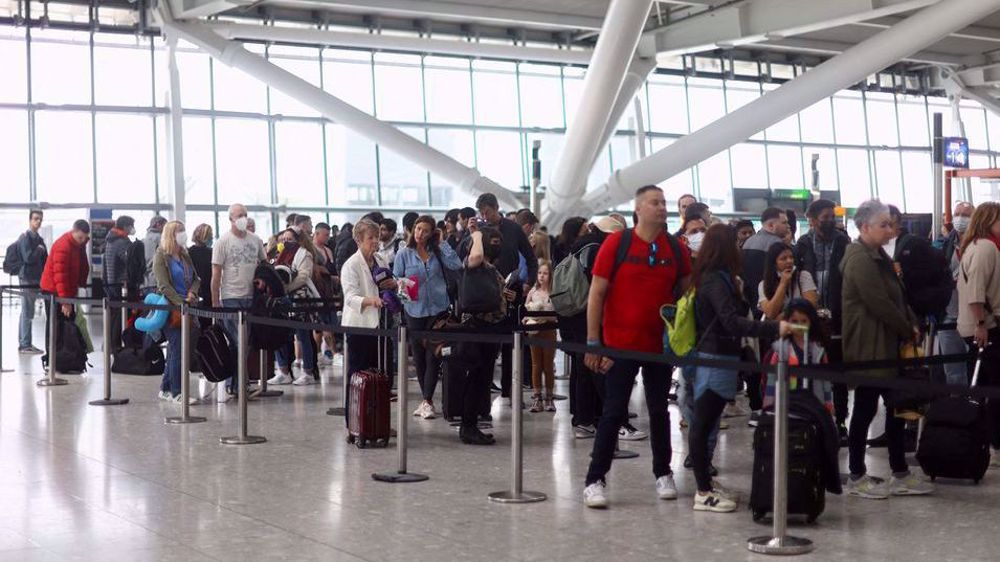
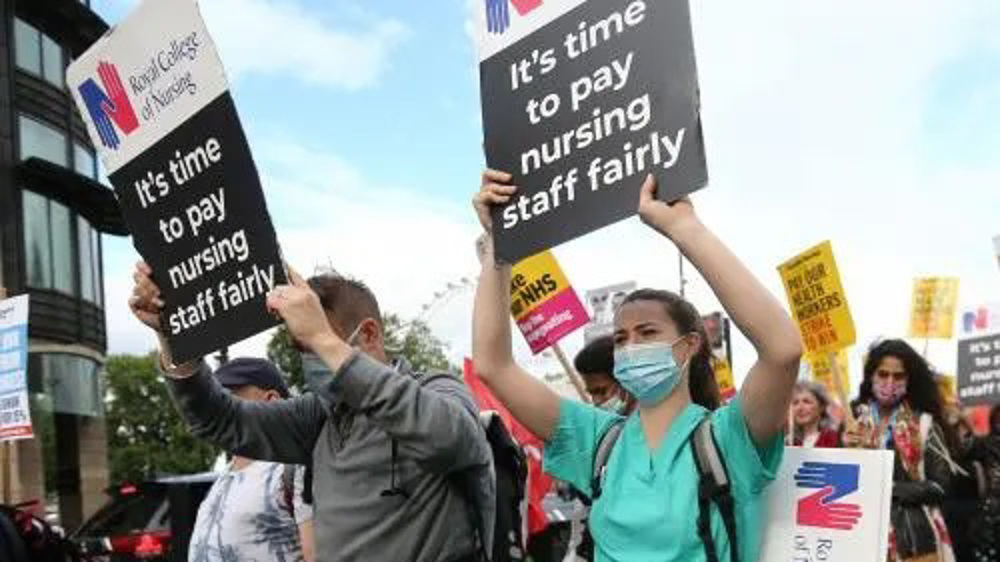

 This makes it easy to access the Press TV website
This makes it easy to access the Press TV website